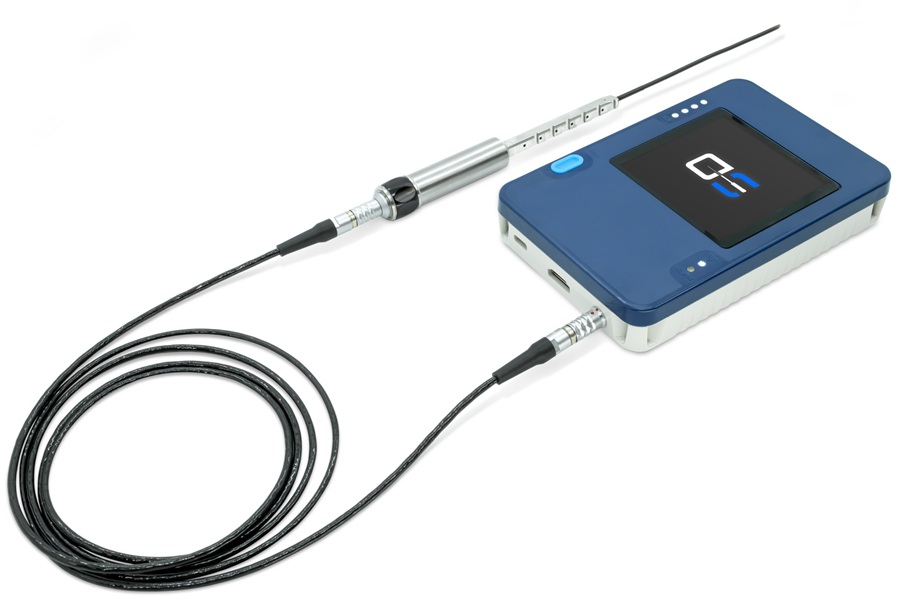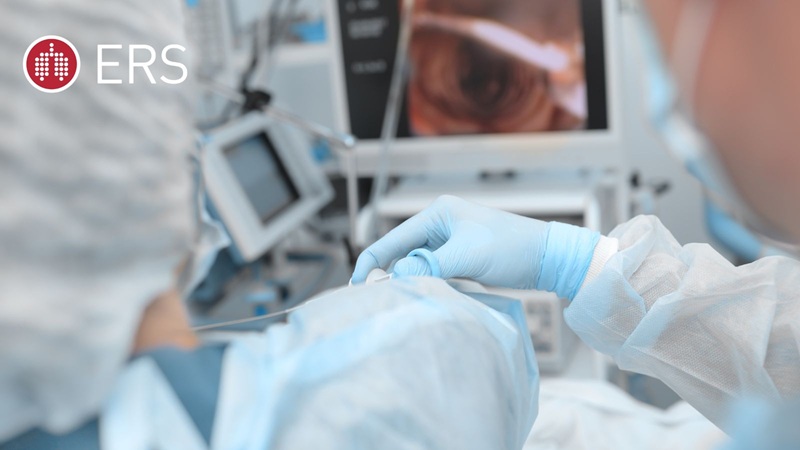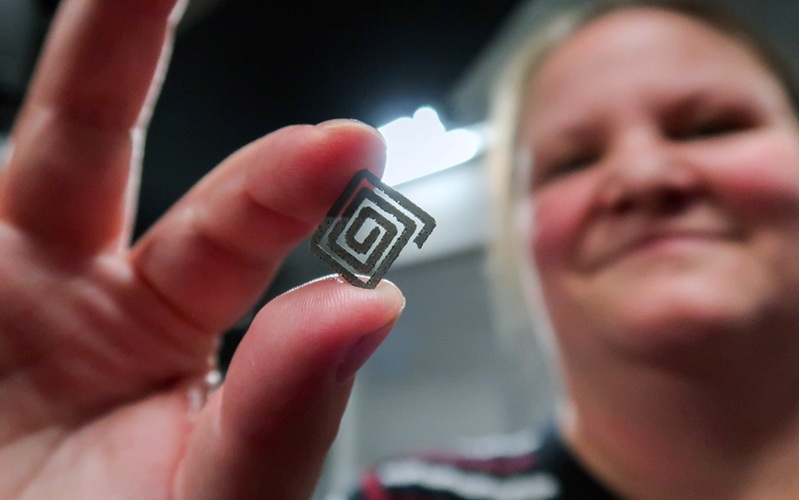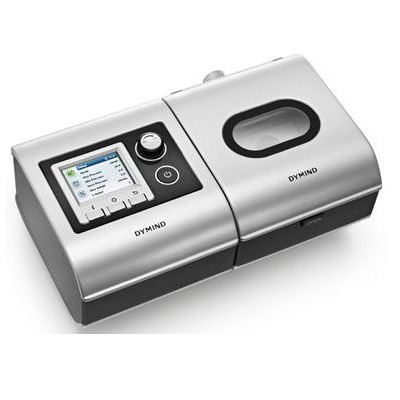New AI Tool Predicts Medical Events to Support Clinical Decision-Making in Healthcare Settings
|
By HospiMedica International staff writers Posted on 26 Mar 2024 |

In a new study, researchers have demonstrated the potential of a new artificial intelligence (AI) tool in predicting a patient’s health trajectory by forecasting future disorders, symptoms, medications, and procedures. This innovative tool could be used to aid clinical decision-making, healthcare monitoring, and improving the efficiency of clinical trials.
The tool – called Foresight – was developed by a team of researchers that included investigators from King’s College London (London, UK) and trained on data from extensive NHS electronic health records (EHRs). Foresight uses a deep learning approach to recognize complex patterns within the vast data of EHRs, both structured and unstructured, for generating predictive insights. The team utilized data from more than 811,000 patients for training three distinct Foresight models and extracted and processed the unstructured (free-text) and structured data (age, ethnicity, and sex) within the EHRs.
The team validated its predictive accuracy by comparing how well its predictions matched the actual health outcomes noted in a smaller data subset. When forecasting the next 10 possible disorders that could appear next in a patient timeline, Foresight correctly identified the next disorder 68% and 76% of the time in two UK NHS Trusts and 88% of the time in the US MIMIC-III dataset. Similarly, when forecasting the next new biomedical concept which could be a disorder, symptom, relapse, or medication, Foresight achieved a precision of 80%, 81%, and 91%, respectively.
Clinicians also evaluated Foresight's accuracy by creating mock patient timelines with various medical scenarios. When a unanimous agreement on a predicted medical event was reached among the clinicians, Foresight's predictions were found to be 93% relevant from a clinical standpoint. This showcases Foresight's capability for practical applications in risk forecasting, clinical research emulation, disorder progression studies, intervention simulations, and educational purposes.
“Our study shows that Foresight can achieve high levels of precision in predicting health trajectories of patients, demonstrating it could be a valuable tool to aid decision making and inform clinical research,” said Zeljko Kraljevic, Research Fellow in Health Informatics at King's College London. “The proposed purpose of Foresight is not to enable patients to self-diagnose or predict their future, but it could potentially be used as an aid by clinicians to make sure a diagnosis is not missed or for continual patient monitoring for real-time risk prediction. One of the main advantages of Foresight that it can easily scale to more patients, hospital or disorders with minimal or no modifications, and the more data it receives the better it gets.”
Related Links:
King’s College London
Latest Critical Care News
- First-Ever Medical Technology Regrows Nerves and Stops Amputations in Diabetic Patients
- AI Tool Reduces Serious Complications and Readmissions After Colorectal Cancer Surgery
- Time-Released Gel Eliminates Residual Brain Tumor Cells Post Resection
- Handheld Sensor Could Replace Blood Tests for Health Monitoring
- 3D-Printed Carbon Nanotube Sensors to Enable Smart Health Monitoring
- Wearable ‘Microscope in a Bandage’ Fastens Wound Healing
- Virus Cocktail to Combat Superbugs Offers New Precision Medicine Approach for Hospitals Battling AMR
- Smart Biosensors Could Be Game-Changer for Wearable Health Tech
- Brainwave Test Detects Memory Decline Years Before Alzheimer’s Diagnosis
- Low-Cost Medical Device Stops Postpartum Hemorrhages
- Non-Invasive Wearable Sensor Detects Sweat Biomarker in Low-Perspiration Conditions
- New Autoinjector Could Transform Trauma Care in Severe Bleeding Emergencies
- Portable Light-Based Brain Monitor Improves Dementia Diagnosis
- New Ultrasound Technique Enables Safer Vein Access in Critically Ill Patient
- CVD Risk Prediction Tool Could Guide Statin Therapy
- Wearables Could Revolutionize Pregnancy Monitoring and Detect Abnormalities
Channels
Surgical Techniques
view channel
World's First Transcatheter Smart Implant Monitors and Treats Congestion in Heart Failure
Heart failure is one of the leading causes of hospitalization worldwide, with millions of patients requiring ongoing treatment to manage congestion. Current therapies often involve tracking remotely measured... Read more
Hybrid Endoscope Marks Breakthrough in Surgical Visualization
For more than three decades, surgical endoscopy has depended on either rigid or flexible scopes, each with major drawbacks. Rigid scopes offer precision but limit maneuverability, while flexible scopes... Read more
Robot-Assisted Bronchoscope Diagnoses Tiniest and Hardest to Reach Lung Tumors
Lung cancer is one of the deadliest cancers in Europe, killing around a quarter of a million people annually. Survival rates are much higher when tumors are diagnosed at an early stage, but the tiniest... Read more
Diamond-Titanium Device Paves Way for Smart Implants that Warn of Disease Progression
Medical implants such as stents, prosthetics, and drug-release systems often rely on batteries that take up space, wear out, and eventually require replacement surgery. These limitations increase risks... Read morePatient Care
view channel
Revolutionary Automatic IV-Line Flushing Device to Enhance Infusion Care
More than 80% of in-hospital patients receive intravenous (IV) therapy. Every dose of IV medicine delivered in a small volume (<250 mL) infusion bag should be followed by subsequent flushing to ensure... Read more
VR Training Tool Combats Contamination of Portable Medical Equipment
Healthcare-associated infections (HAIs) impact one in every 31 patients, cause nearly 100,000 deaths each year, and cost USD 28.4 billion in direct medical expenses. Notably, up to 75% of these infections... Read more
Portable Biosensor Platform to Reduce Hospital-Acquired Infections
Approximately 4 million patients in the European Union acquire healthcare-associated infections (HAIs) or nosocomial infections each year, with around 37,000 deaths directly resulting from these infections,... Read moreFirst-Of-Its-Kind Portable Germicidal Light Technology Disinfects High-Touch Clinical Surfaces in Seconds
Reducing healthcare-acquired infections (HAIs) remains a pressing issue within global healthcare systems. In the United States alone, 1.7 million patients contract HAIs annually, leading to approximately... Read moreHealth IT
view channel
Printable Molecule-Selective Nanoparticles Enable Mass Production of Wearable Biosensors
The future of medicine is likely to focus on the personalization of healthcare—understanding exactly what an individual requires and delivering the appropriate combination of nutrients, metabolites, and... Read moreBusiness
view channel
Philips and Masimo Partner to Advance Patient Monitoring Measurement Technologies
Royal Philips (Amsterdam, Netherlands) and Masimo (Irvine, California, USA) have renewed their multi-year strategic collaboration, combining Philips’ expertise in patient monitoring with Masimo’s noninvasive... Read more
B. Braun Acquires Digital Microsurgery Company True Digital Surgery
The high-end microsurgery market in neurosurgery, spine, and ENT is undergoing a significant transformation. Traditional analog microscopes are giving way to digital exoscopes, which provide improved visualization,... Read more
CMEF 2025 to Promote Holistic and High-Quality Development of Medical and Health Industry
The 92nd China International Medical Equipment Fair (CMEF 2025) Autumn Exhibition is scheduled to be held from September 26 to 29 at the China Import and Export Fair Complex (Canton Fair Complex) in Guangzhou.... Read more












